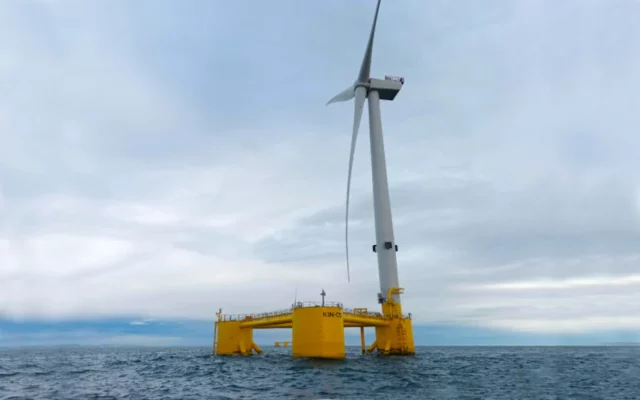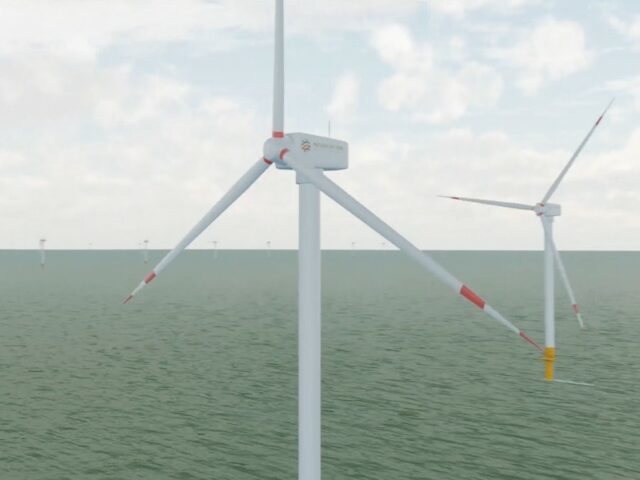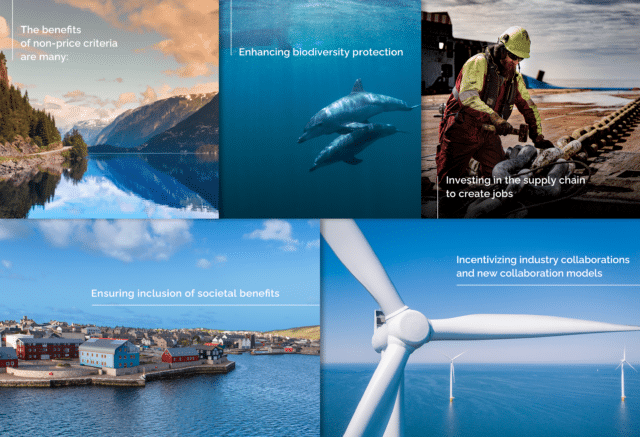News & Media
News
All newsVideos
All videosMainstream by the numbers
Answering South Africa’s call to confront Covid
Community Engagement in Chile
Noupoort Wind Farm Socio-Economic Development
The Maths & Science Leadership Academy (MSLA) – Kimberley, South Africa
Andes Renovables shows why world can ‘rebuild better’
Building collaborative relationships as a trusted neighbour
Media Enquiries

Emmet Curley
Head of Communications and Positioning








![Offshore wind turbines at sea - United Kingdom Offshore Wind UK Round 5 CfD - Mainstream Renewable Power [Desktop/mobile] UK Round 5](https://www.mainstreamrp.com/wp-content/uploads/2023/09/mainstream-renewable-power-news-and-media-insights-united-kingdom-gold-rush-offshore-wind-farm-640x360.jpg)







